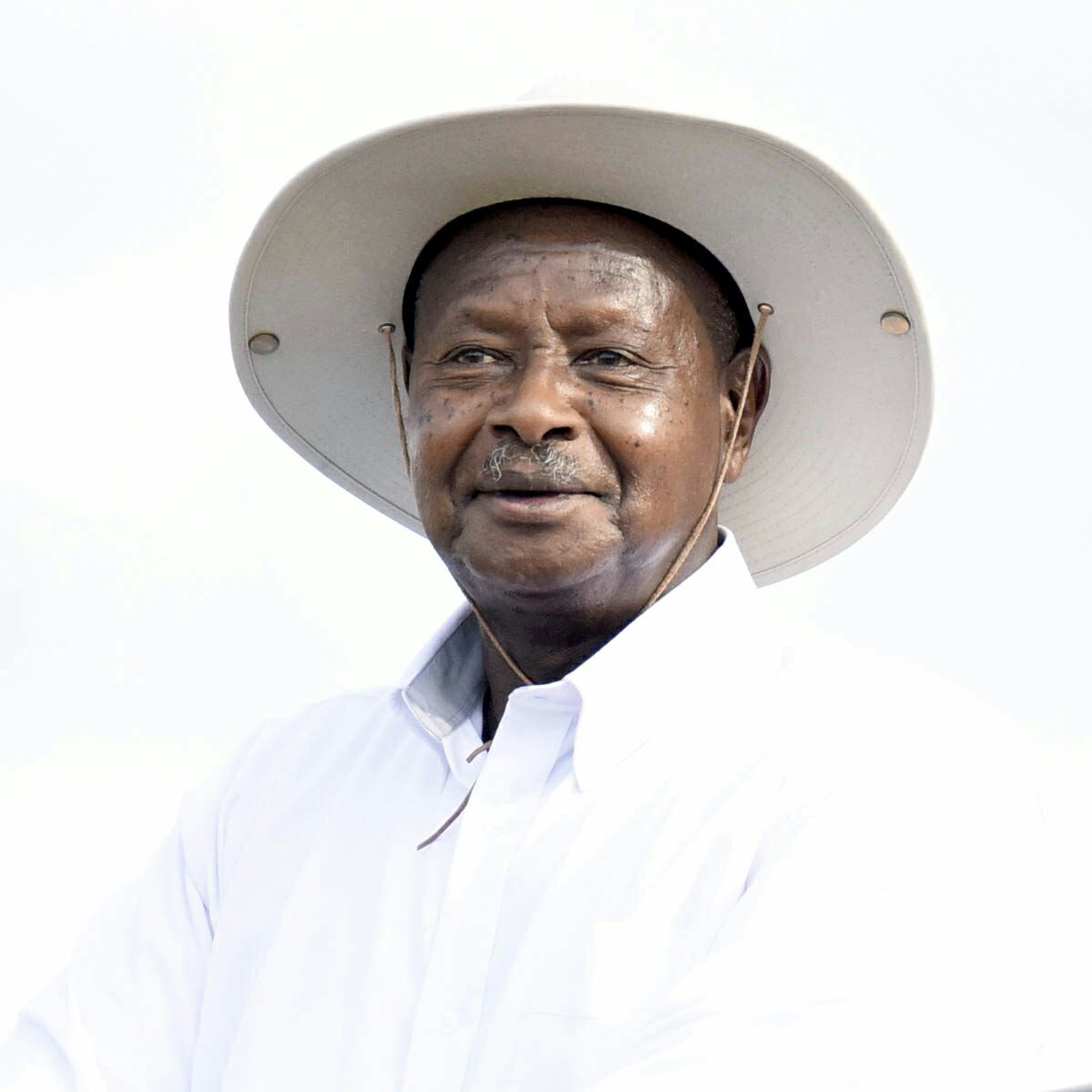
The other option tied to this would be to increase opposition presence in parliament and use it promote reform.
After gaining strength in parliament and district chairpersonships, the opposition could use it to seek a coalition government so as to influence government from within. Finally the opposition can promote reforms using a combination of all the above with civil disobedience campaigns.
Let us now address Besigye’s single-minded focus on winning the presidency from the perspective of military strategy. It is the principle of warfare that when you confront an enemy stronger than you are, it is suicidal to attempt a frontal attack; most especially at a point where the enemy has concentrated most of his forces.
Museveni and NRM are very strong relative to the FDC and the combined opposition. They have also concentrated most of their resources at ensuring that they do not lose the presidency. Therefore, launching a frontal assault on capturing the presidency as Besigye has done consistently for the last 16 years has led the opposition to focus its resources where they have the least chance of success. It has also diverted their meagre resources from other theatres of war like district, mayoral and parliamentary battles where they have better chances of making gains – gains which over time would become vital in winning the presidency.
Instead, Besigye has focused his entire energy on only one of the options – capturing the presidency – to the almost complete exclusion of all other options. In fact this single-minded obsession with winning the presidency has been achieved at the price of weakening the second, third and fourth options. Yet the strategy of capturing the presidency is suicidal and explains the crisis in the opposition today.
Besigye’s strategy can be compared to that of the late rebel leader Andrew Kayiira, who after the 1980 elections sought to remove then-president Milton Obote’s government. Kayiira and his Uganda Freedom Movement (UFM) sought a quick win by frontal assaults against the security forces of the Obote government which was backed by powerful Tanzanian troops. Kayiira’s fighters launched daring attacks on Lubiri Barracks in Kampala. Unfortunately, instead of hurting Obote’s forces, Kayiira’s UFM suffered heavy casualties and it was unable to grow in spite of Kayiira fighting from his home/ethnic base of Buganda.
On the other hand, then-rebel leader Museveni, when still small and weak, preferred to hide in the bush, attack small and isolated army units and police stations to get guns and ammunition and also to build his political and military capacity overtime. As he gained strength he increased the size of targets he could attack until he was strong enough to launch a frontal assault on the government.
Thus, Museveni is the one who succeeded. His strategy of “wearing down the enemy” worked; precipitating internal rapture in the political and military coalition Obote had built until it led to a military coup. But even as he was battling Obote’s security forces in the bushes of Luweero, Museveni also kept other options open. For example he was open to negotiations and later went to Nairobi and negotiated a peace settlement. The Nairobi peace negotiations actually gave him time to strengthen his NRA and gain international support. So when he finally launched the frontal attack on UNLA, he was in a position to prevail.
Instead of copying the Museveni model of success, the FDC under Besigye has been making the Kayiira error consistently for 16 years and expecting different results each time. But the results have also consistently proven the foolhardiness of this strategy.
While these suicidal frontal attacks seeking to capture the presidency have built Besigye’s personal brand and brought him fanatical support from the radical elements of the opposition, they have significantly stunted the institutional growth of FDC. This is largely because Besigye has subordinated the strategic objective of political, administrative and economic reform to his tactical desire to capture the presidency.
We can draw a parallel from military history with Adolf Hitler’s campaign against the Soviet Union in 1942. During that war, Hitler wanted to capture Stalingrad because it bore the name of soviet leader, Josef Stalin. He convinced himself that if he captured this holy city of communism, it would deliver a psychological below to the enemy. He thus subordinated the main aim of defeating the soviet army to the symbolic importance of capturing Stalingrad. All advice by his commanders to order a tactical withdraw from the city fell on deaf ears. He thus led Germany to its worst military disaster in history.
Hitler at Stalingrad, like Besigye on the presidency, failed to appreciate the fact that as a commander you must select and maintain theatres of war and military objectives where you can reap the best results. In Uganda’s case it does not make sense to concentrate all opposition energy at the presidency because it is the most fortified position and the opposition is weak relative to the NRM.
Instead, the opposition stands to win more if it attacks the flanks of NRM where its defenses are relatively weak. The district and local councils and parliament are the NRM’s flanks. Over time the opposition can leverage gains made in the flanks to launch a frontal attack on the presidency.
Instead, the opposite appears to be happening. While Besigye has expended all the resources of the opposition on these continuous yet fruitless frontal assaults on the presidency, he has left the flanks of his party (presence in local governments and parliament) dangerously exposed. Museveni has thereby been busy attacking FDC’s flanks, consistently reducing the party’s size in parliament and local councils.
 The Independent Uganda: You get the Truth we Pay the Price
The Independent Uganda: You get the Truth we Pay the Price



Well said, just like i told a friend of mine way back in 2005
I have read comments attributed to you to the extent that you are laying ground for a ‘third force’, and that this movement is gaining momentum. While i appreciate the effort to slice into the momentum and support base of what would constitute a core competitor to you in this regard, at some point, you too must consider the momentum of your movement.
If the ‘selection and maintenance of the aim’ has been well defined by yourself, and further ground laid to birth this aim, then you must consider action beyond punditry lest you come off as one with a personal grudge against Dr KB – much in the same way he too has severally been suspected of building a political career and indeed a political movement around hatred for a single individual.
Ugandans have had the benefit of the best analysis on every single issue that affects our abysmal existence and thus tire quickly of this form of pounding reminders of what and who the problems are. In my annoyed view, its time to back up the superior analysis with superior strategic action so you are either vindicated or swallowed by the Wheel – time waits for none and our patience wears thin…